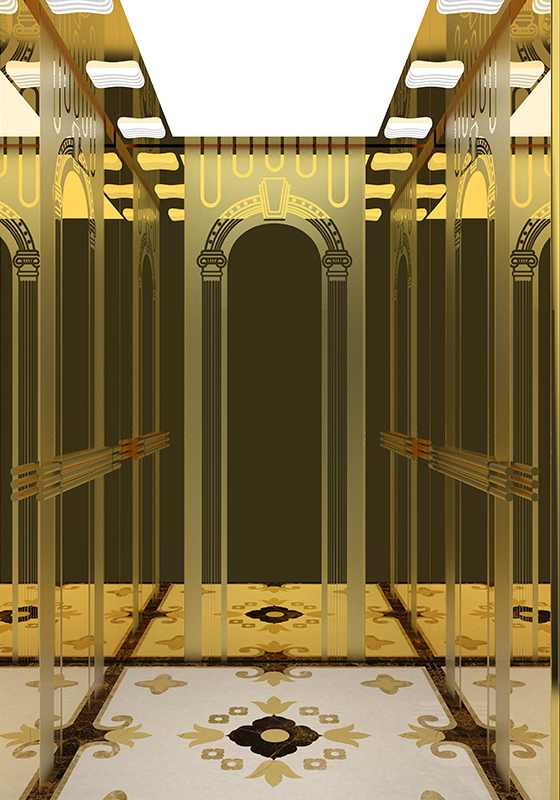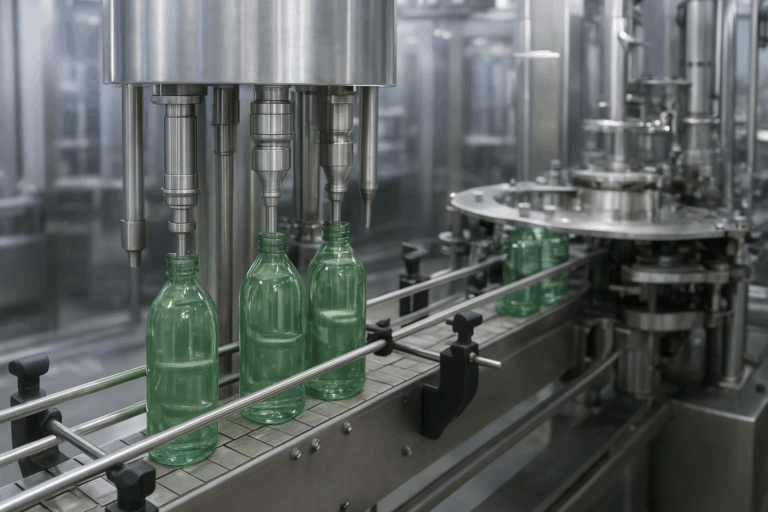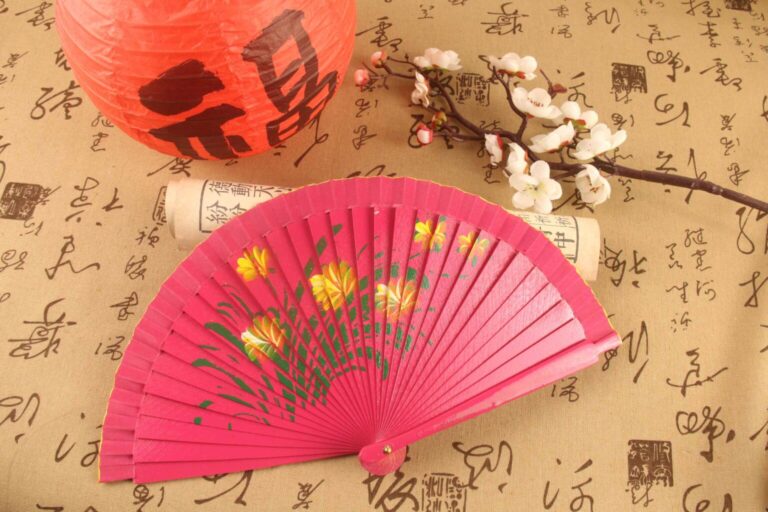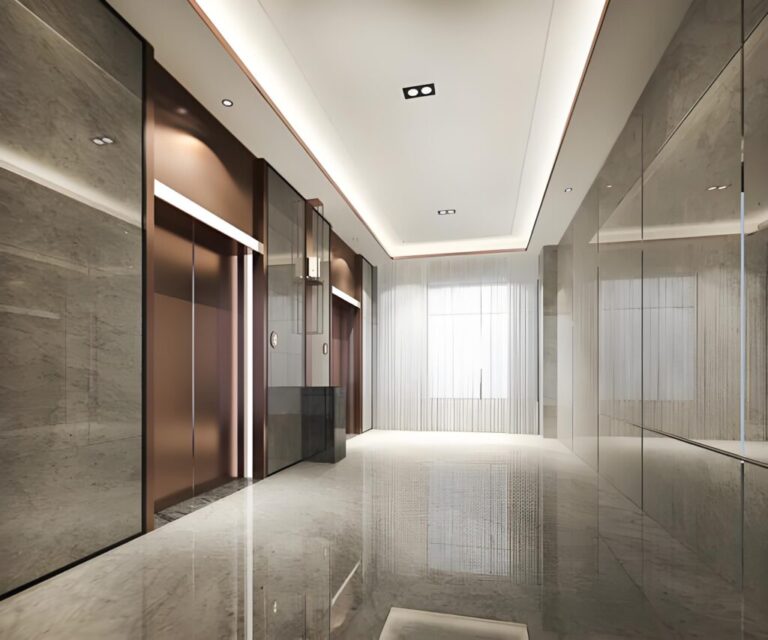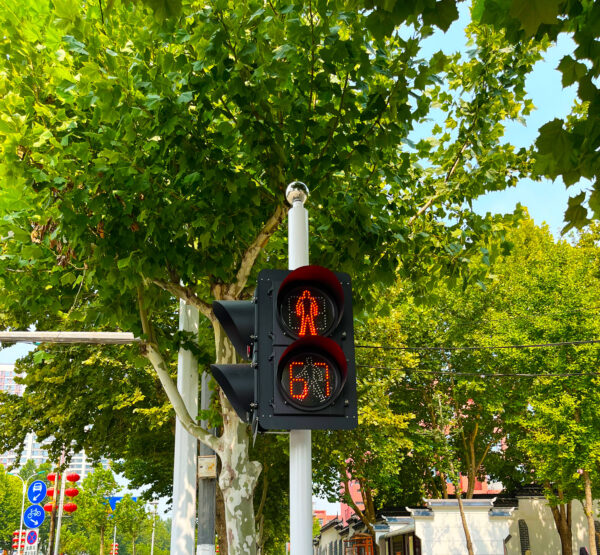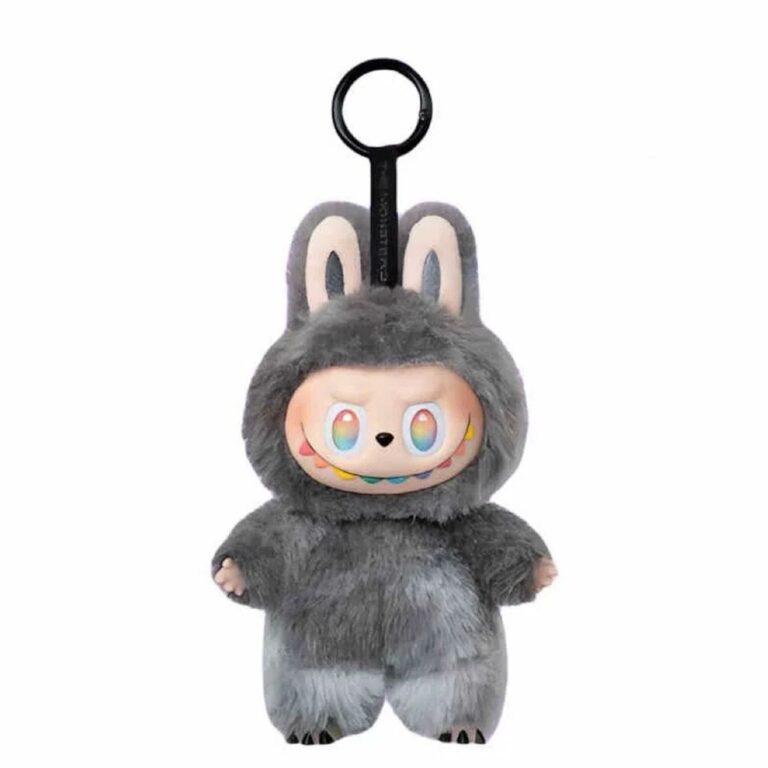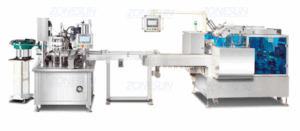Table of Contents
Creating diy balloon decorations can transform any space into a lively and memorable venue, whether it’s for birthdays, weddings, or corporate events. Many beginners often believe balloon setups require professional skills, but with the right materials, planning, and understanding of balloon handling, you can achieve professional-level results at home or on-site. This guide provides step-by-step instructions, essential tools, and advanced tips to help you design safe, durable, and visually appealing balloon décor.
Understanding the Basics of DIY Balloon Decorations
Before starting, it is crucial to grasp the basic elements involved in creating diy balloon decorations. Balloons come in various types—latex, foil, and biodegradable variants. According to industry data, latex balloons make up approximately 70% of decorative use worldwide, while foil balloons account for 25%, with the remaining 5% consisting of eco-friendly or specialty materials.
(1) Materials and Tools You Will Need
- Balloons
- Balloon pump or electric inflator
- Balloon tape or arch strip
- Fishing line or nylon string for hanging
- Adhesive dots or removable hooks to protect walls
(2)Safety Considerations
When working with diy balloon decorations, safety plays a major role. Always avoid sharp surfaces, keep helium-filled balloons away from heat sources, and consider using removable adhesive hooks to prevent wall damage.
Planning Your DIY Balloon Decorations Project
Planning ensures your project proceeds efficiently. A well-organized plan can reduce setup time by 30–40% compared to spontaneous decorating.
(1)Setting a Theme and Color Scheme
Start by selecting colors that match your event. For example:
- Birthday parties: vibrant colors (red, yellow, blue)
- Weddings: white, gold, champagne tones
- Corporate events: neutral or brand-based colors
- Using a maximum of three primary colors keeps the design cohesive.
(2)Calculating Balloon Quantities
For a standard 2-meter balloon arch, you’ll need approximately:
- 80–100 balloons for a full look
- 60–70 balloons for a medium density
- 40–50 balloons for a minimalistic design
This calculation helps you avoid unnecessary costs and ensures the right fullness.
Creating Different Types of DIY Balloon Decorations
There are several popular diy balloon decorations setups that beginners can try.
(1)Balloon Garland
- A garland is ideal for doorways or as a photo backdrop. To create one:
- Inflate balloons to 10–12 inches in diameter.
- Use balloon tape or strip to attach them, alternating sizes for depth.
- Add smaller 5-inch balloons as fillers to create a layered texture.
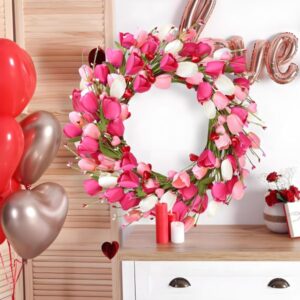 (2)Balloon Wall
(2)Balloon Wall
A balloon wall creates a striking visual impact for events. For a wall measuring 2×2 meters:
- Use around 120–150 balloons.
- Secure them with double-sided balloon tape.
- Add decorative elements like artificial leaves or LED strips for a modern effect.
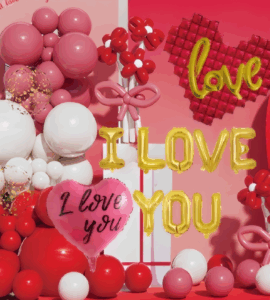
(3)Table Centerpieces
For more intimate events, table balloon centerpieces are effective. Combine 5–7 small balloons with a weighted base to prevent tipping.

Extending the Life of DIY Balloon Decorations
One of the most common concerns with diy balloon decorations is how to prolong their lifespan. Under normal indoor conditions (22–24°C), latex balloons last about 12–24 hours, while foil balloons can last up to 5–7 days.
(1)Tips to Increase Balloon Longevity
- Apply a balloon sealant spray to prevent helium leakage.
- Store balloons in a cool, shaded area before use.
- Avoid over-inflating, which increases burst risk by 35%.
(2)Maintenance During Events
If your event lasts more than one day, consider reinflating or replacing deflated balloons to maintain appearance.
Combining DIY Balloon Decorations with Other Elements
While balloons can stand alone, integrating them with other décor enhances their impact.
- Floral Arrangements
Pairing balloons with fresh or artificial flowers creates an elegant effect, especially for weddings or baby showers.
- Lighting Enhancements
LED fairy lights woven through balloon garlands can extend the visual appeal into evening events.
- Backdrops and Frames
Metal or wooden frames provide a structure for balloon arches, increasing stability by up to 40%.
Common Mistakes to Avoid in DIY Balloon Decorations
Even well-planned diy balloon decorations can go wrong if these pitfalls are overlooked:
- Overfilling balloons: Leads to premature popping.
- Using poor-quality adhesive: Can cause balloons to fall off walls or arches.
- Ignoring humidity levels: High humidity (above 60%) may cause balloons to lose elasticity faster.
Budgeting for Your DIY Balloon Decorations
On average, a small-scale setup (about 100 balloons) costs between $30–50, while larger events with 300–400 balloons can reach $150–200, depending on materials and accessories used.
Cost-Saving Tips
- Buy balloons in bulk packages.
- Use reusable frames or stands for multiple events.
- Opt for air-filled balloons instead of helium to cut costs by nearly 50%.
Advanced Techniques for Professional-Looking Results
Once you’ve mastered basic diy balloon decorations, consider these techniques to elevate your craft:
- Double-stuff balloons for unique color tones.
- Create asymmetrical arches for modern aesthetics.
- Mix matte and metallic finishes to add depth.
Final Thoughts
Mastering diy balloon decorations does not require professional-grade skills but does benefit from structured planning, the right tools, and a clear understanding of balloon behavior. By following the techniques and numerical guidelines provided above, you can design decorations that are both visually stunning and structurally sound. Whether you’re preparing a small gathering with 50 balloons or a large-scale celebration using 300 or more, these methods ensure you achieve a polished result while saving time and money.
0



